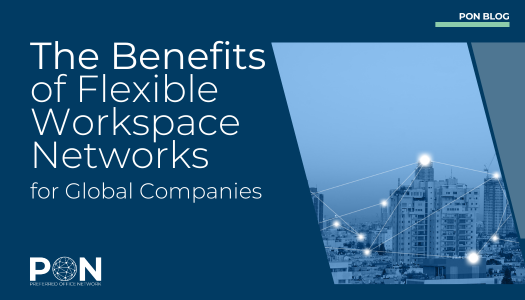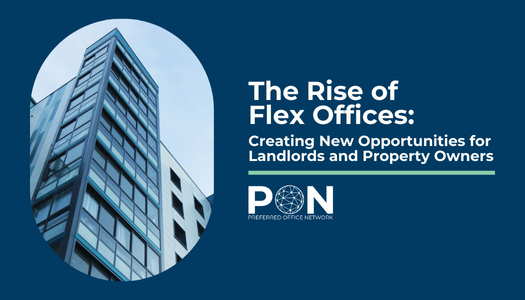
Why Reinventing Your Company Culture Should Be Your Top Priority
In the wake of the Great Resignation, many employers are beginning to rethink their approach to attracting and retaining top talent.
Talent retention – once a pervasive issue that was quickly solved by a better job title and a bump in salary – has now become very driven by the other advantages an organization can offer its employees.
In today’s new normal, workers demand better life-work balance, the flexibility to work where and when they want, and a clear sense of purpose — and they’re not afraid to leave jobs that don’t meet these inherent needs.
One of the most important aspects of this shift in mindset is something employers can address right now: ensuring their company culture is welcoming, supportive, and communicated clearly to their employees.
So, how can organizations build a better company culture?
Powered by People
The most forward-thinking companies in this new world of work are cultivating human-centered cultures that take into account their employees’ entire lives, not just who they are while at work.
This means business leaders need to truly get to know their reports and what would make them feel more supported and satisfied in their roles. Hint, it’s not a one-size-fits-all solution.
Empathetic leadership is quickly becoming an imperative skill for a company’s success. Today, the lines between our personal and work lives are increasingly blurred, and employers need to be aware of the parameters between the two to help prevent burnout and increase employee engagement and retention.
A recent study by Catalyst, a global nonprofit organization that helps companies build workplaces that work for women, found that 76% of employees who experienced the power of empathy from their leaders felt engaged in their jobs, while 86% reported feeling better equipped to navigate the demands of both their professional and personal lives.
For many organizations, this evolution in company culture, including assessing employees based on their contributions and not how many hours they put in at the office, is a major about-face. But the payoff — increased employee engagement, productivity, and performance, as well as talent attraction and retention — have huge, long-term rewards.
Managers don’t need to be experts in mental health to practice empathetic leadership. By taking an active interest in their employees’ full lives, regularly checking in, asking thoughtful questions, and letting the employee dictate how much they feel comfortable sharing, leaders demonstrate their commitment to a culture built on empathy.
They can also serve as role models in this new approach, setting healthy life-work balance boundaries for themselves and advocating for their own self care.
Company Culture Drives Business Results
If this all sounds somewhat touchy-feely, an empathetic and supportive environment has real implications for business outcomes.
Take this statistic into consideration: The survey by Catalyst also found that when employees felt their leaders were empathetic and their life circumstances were respected by their employers, 61% were more likely to report they were able to be innovative, and 60% said they were unlikely to leave their current companies.
LinkedIn’s Global Talent Trends 2022 survey, “The Reinvention of Company Culture,” supports these findings: When employees are satisfied with their companies’ flexible work arrangements, they are 2.6x more likely to report being happy and 2.1x more likely to recommend working for the company to peers and potential colleagues.
These trends have real ramifications for a company’s ongoing ability to innovate and stay competitive in a rapidly changing and increasingly volatile job market.
How Flexible Workplaces Can Contribute to a Company’s Culture
We assert that flexible workspace is the #1 employee benefit employers can offer to their staff. Reassessing where, when, and how we work is creating more equitable workplaces.
After more than two years of remote and hybrid work, it’s clear that many employees have no desire to return to an office on a full time basis.
Data from a joint study from LinkedIn and Glint, a people success platform, found that 56% of employees prefer a hybrid work approach of in-person and remote arrangements.
Navigating this next normal in the future of work means being open to adaptability. Offering employees the ability to have greater input surrounding their work arrangements translates to a greater connection and loyalty to their employers — two key drivers to long-term success. Company cultures centered around care and compassion are what employees are seeking — today and in the future of work.



